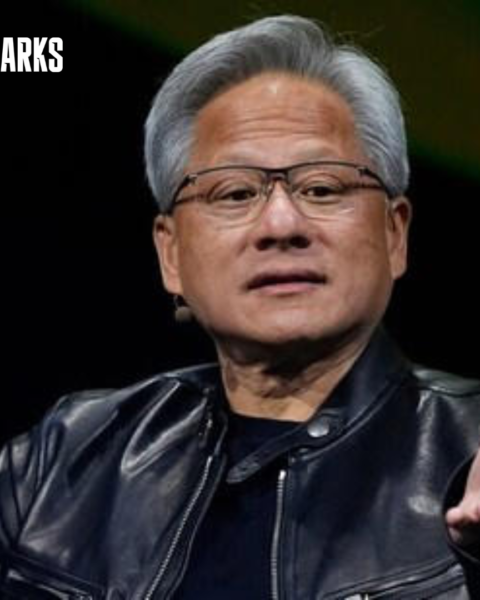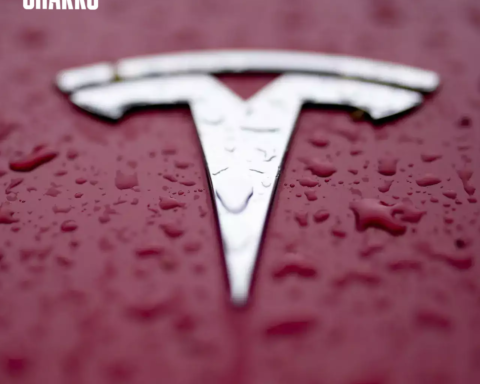Canada Imposes Tariffs on Chinese Electric Vehicles and Steel
Canada has announced a 100% tariff on Chinese electric vehicles and a 25% duty on imported steel.

In a significant policy move, Canada has announced the imposition of a 100% tariff on imports of Chinese electric vehicles (EVs) and a 25% tariff on imported steel and aluminum. This decision aligns Canada with similar actions by the United States and the European Union.
Details of the Tariff Announcement:
The new tariffs will be applicable to all electric vehicles shipped from China, including those manufactured by Tesla.
Canadian government officials confirmed that the duties will take effect on October 1, 2024. This move is seen as a response to what Canada perceives as China’s intentional state-directed policy of overcapacity in manufacturing.
Following the announcement, shares of Tesla, the most valuable global automaker, fell by 3.2%. In 2023, Canadian imports of automobiles from China surged by 460%, reaching 44,356 units, primarily driven by Tesla’s export of Shanghai-made EVs to Canada. This increase in imports has prompted the Canadian government to take protective measures.
Government Rationale and Context:
Prime Minister Justin Trudeau stated that Canada’s actions are necessary to counter unfair trade practices, emphasizing the need for alignment with global economic standards. He mentioned, “I think we all know that China is not playing by the same rules,” indicating a collaborative stance with other nations facing similar issues.
The Chinese embassy in Canada has criticized the tariffs as “protectionist” and politically driven, asserting that Canada is disregarding World Trade Organization (WTO) rules. A spokesperson from the embassy argued that the tariffs would undermine normal trade relations and harm Canadian consumers and businesses.
Implications for Future Trade:
China remains Canada’s second-largest trading partner, trailing only behind the United States. Vehicle identification codes indicate that Tesla’s Model 3 and Model Y models are being exported from Shanghai to Canada. The Canadian government made it clear that if companies move their production outside of China, they would be exempt from these tariffs.
Share This
Tony Boyce is a seasoned journalist and editor at Sharks Magazine, where his expertise in business and startups journalism shines through his compelling storytelling and in-depth analysis. With 12 years of experience navigating the intricate world of entrepreneurship and business news, Tony has become a trusted voice for readers seeking insights into the latest trends, strategies, and success stories.























